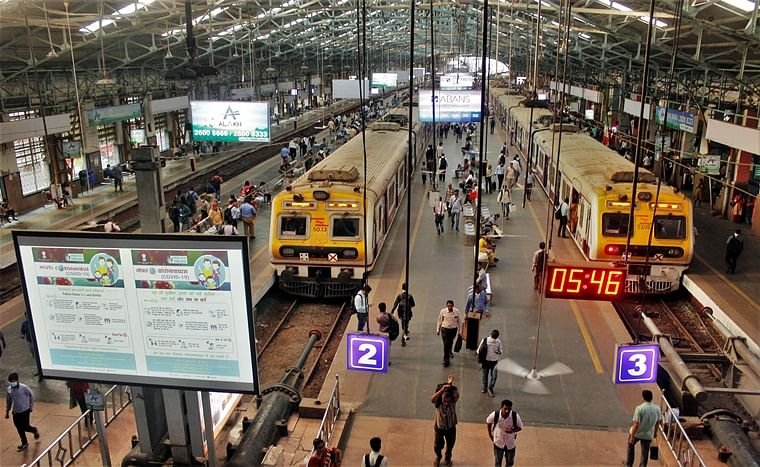Indore (Madhya Pradesh): In a pioneering move, MGM Medical College in Indore has launched CAR T cell therapy for blood cancer treatment, making it probably the first government hospital in India to offer this advanced therapy. The Transfusion Medicine Department and Bone Marrow Transplant Unit recently initiated this therapy for a patient with B-cell acute lymphoblastic leukaemia (ALL).
Dean MGM Medical College Dr Sanjay Dixit said, “The procedure involved collecting white blood cells from the patient using an apheresis machine, genetically modifying them to target cancer cells, and preparing them for reinfusion after 20 days.” He added that CAR T cell therapy is a form of immunotherapy where a patient’s T cells are reprogrammed to attack cancer cells.
This involves extracting white blood cells, isolating T cells, and genetically engineering them with chimeric antigen receptors (CARs). These receptors allow the T cells to identify specific proteins on cancer cells, enabling targeted attacks. Once modified, the CAR T cells are multiplied in a controlled environment and reinfused into the patient, where they seek and destroy cancer cells.
CAR T Cell Therapy availability and development
While countries like the USA, Canada, Australia, and the UK have implemented CAR T cell therapy, India introduced it in 2021 through a collaboration between IIT Mumbai and TATA Memorial Hospital. With commercial approval granted by the Central Drugs Standard Control Organization (CDSCO) in 2023, India’s healthcare facilities are set to roll out the therapy widely.
Affordability and Accessibility
In the United States, CAR T cell therapy costs around Rs 4 crores However, in Central India, this therapy is available at one-tenth of the cost, making it more accessible to a broader patient population.
How CAR T Cell Therapy Works
The process begins with apheresis to separate white blood cells from the patient’s blood. T cells are then isolated and modified with viral vectors to express chimeric antigen receptors. These CAR T cells are cultivated and reinfused into the patient. The therapy requires a hospital stay of one to two weeks for monitoring and management of side effects, with an infusion time of 30 to 90 minutes. CAR T cell therapy has been especially beneficial for patients unresponsive to other treatments, achieving a success rate of approximately 30-40 per cent in relapsed cases according to studies in the United States.
Benefits of CAR T Cell Therapy –
-No HLA Matching Required: Broadens the therapy’s application.
-Effective Across T Cell Types: Works with both CD4 and CD8 T cells.
-Broad Target Range: Targets cancer cell proteins, carbohydrates, and glycolipids.
-Rapid T Cell Generation: Produces tumour-specific T cells quickly.
-Reduced Autoimmunity: Minimal risk of graft-versus-host disease (GVHD).
-One-Time Infusion: Provides a lasting impact from a single infusion.
Quote
“This groundbreaking initiative at MY Hospital signals a new era in blood cancer treatment within India’s public healthcare system, making advanced therapies accessible to more patients in Central India.”
-Dr Ashok Yadav Superintendent and professor, HOD Transfusion Medicine




